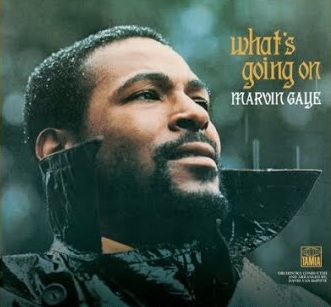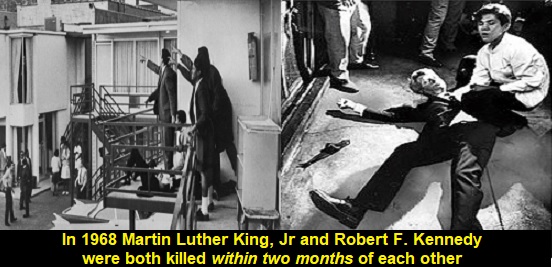The year was 1971 and I was in High School. I was visiting my friend Alex at his home and I heard this “What’s Going On?” album by Marvin Gaye for the first time. From the moment I heard it, this album absolutely touched my heart. From the beginning lines to the transition to the song about the ecology, I knew and sensed that I was listening to something that would remain for years. This album touched upon so many things. Social inequalities, men out of work, mother’s crying for the loss of their children to violence on the streets. So much was there. This collection of songs touched not just my high school mind, I am sure that it touched that of so many of us.
Please click on this song below and listen to the “Ecology” song in Marvin Gaye’s seminal album and relive this emotional collection of songs with me:
Marvin Gaye’s tremendous 1971 album What’s Going On stands as a monumental work in music history, renowned not only for its artistic brilliance but also for its profound social impact. Released during a period of intense social upheaval in the United States, the album tackled issues such as the Vietnam War, police brutality, environmental concerns, and racial inequality. Gaye’s deeply personal lyrics, inspired by his own experiences and the harrowing stories shared by his brother, a Vietnam veteran, resonated with a wide audience, offering a voice to those struggling with the harsh realities of the time. I did not even know that Marvin Gaye’s brother had been in Vietnam!
The album’s title track, “What’s Going On,” became an anthem for peace and unity – especially unity. In these days of so much unhappiness and animosity in our country, Marvin’s message of unity across racial and social economic barriers is ever so significant today. His album questioned the state of the world and urged compassion and understanding. Its smooth, soulful sound combined with its poignant message made it liked by a broad audience thus transcending racial and cultural barriers. The album’s introspective nature encouraged listeners to reflect on their roles within society, fostering a sense of collective responsibility and, above all, unity.
What’s Going On also marked a significant shift in the music industry, as it challenged the Motown label’s traditional focus on love songs and dance hits, pushing the boundaries of social issues that popular music could address. Gaye’s work inspired future generations of artists to use their platforms for social commentary, cementing the album’s legacy as a powerful catalyst for change.


